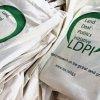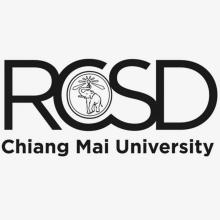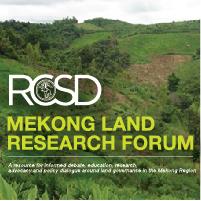Resource information
Over the past decade, Laos has experienced a land rush by foreign investors seeking to gain large tracts of land for hydropower, mining, and plantation projects. The rapid pace of the phenomenon has prompted signif icant concern by international observers, Lao civil society, and certain sections of the government, regarding the impacts upon farmers that are dispossessed of their land and communal resources. However, both investors and peasant communities alike have differing experiences with the investment process. Depending upon the power of the investor and their relationship with the state, some projects have been implemented much more quickly and forcefully than others. This paper argues that the relationships formed between international resource capital and the Lao state affect the opportunities for peasants to resist conceding their land and thus impact the success of the project in fulfilling their land quotas. Variations in resistance and project implementation have important implications for the pace of agrarian transformation resulting from plantation investment, and who is able to win or lose from the process. The paper problematizes the conception that investors from the Global South, particularly Brazil, Russia, India, China, and South Africa (BRICS) and middle-income countries (MICs), are able to grab large amounts of land from weak states, dispossess marginalized peasants, and engender rapid agrarian transitions without constraint or resistance. These arguments are demonstrated by analyzing the process of investment for two tree plantation companies in Laos: Quasa-Geruco Joint Stock Company, a subsidiary of the state-owned Vietnam Rubber Group, and Shandong Sun Paper Industry Joint Stock Company, the largest private paper company in China. Field research was conducted in Vientiane Capital and eastern Savannakhet province, Laos between June 2013 and February 2015, and data were collected through semi-structured interviews with government officials at all administrative levels, plantation companies, village leaders and households, and civil society organizations.






